The history
What the United Nations calls greenwashing begins as a much more deadly form of entitlement fraud. Wealthy families are literally using wealth made at deadly cost to the values they claimed to be protecting to drown out the voices of the most vulnerable.

You can identify anyone willing to further the fraud by asking whether they back accurate climate reparations or not. Those who do not are engaged in political equity or constitutive fraud, or choosing to start with zero actual protections for infants and animals in a way that contradicts stated values, enabling the powerful to punch down on the vulnerable
These families have historically subverted civil rights by undoing with family inequity upstream the good they claim to be doing downstream – a move that masked the drivers of the climate crisis and who it would victimize. If the Three-Fifths Compromise made fractionalized the worth of persons of color, one-tenth and greater illegal disparities in generational wealth, disparities that violated legally enforceable children’s rights regimes, will now mean the death of millions of children of color in a climate crisis caused primarily by white wealth.
To avoid black birth equity, the mostly white families that designed the near-universal reproductive rights regime bypassed equity entirely when defining reproductive autonomy, such that one can only use a thin form of autonomy to terminate their pregnancy, only to then die in a white-wealth-driven heatwave months later because they cannot afford air conditioning.
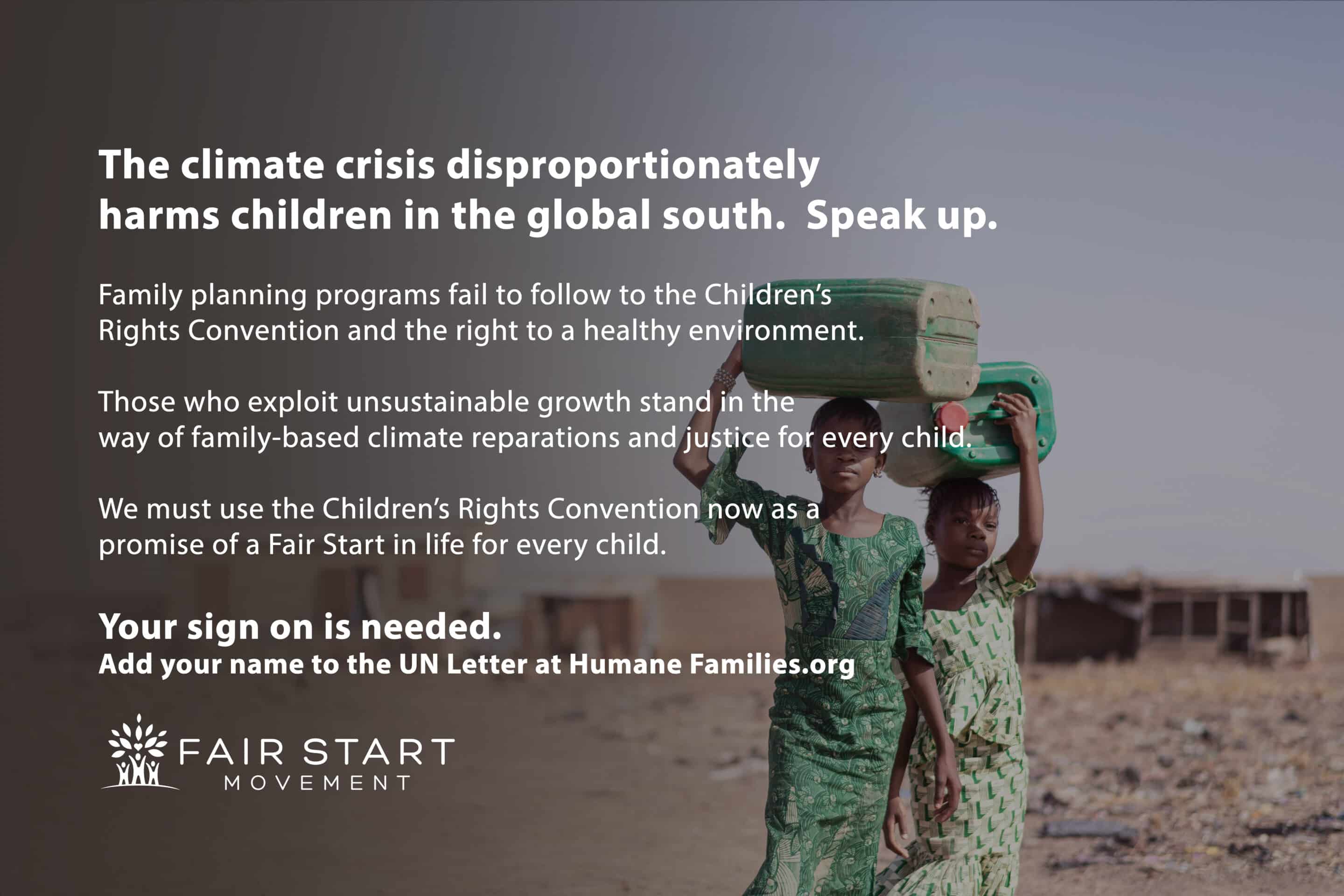
This move, of hiding the diminution of equity, relied on a sleight of hand: Defining freedom from power around the authority of the state to use violence, rather than broader definitions that would have captured all entitlements, like those between child and child-maker. The conceptions relied on almost all white and male theorists who abstracted far away from their own birth positionality, leaving us with abstract theories of liberation that would enable a climate crisis deadly to mostly children of color.
- Ronald Dworkin suggested a unity of value, but only downstream, never accounting for constituting just power relations via birth equity. Dworkin may have taken rights seriously, but not freedom.
- Many theories of law and language similarly have avoided equity as a basis for obligation, and the need for accurately constitutive language.
- H.L.A. Hart suggested what might be the most basic norms for a legal system, none of which empower the subjects as they enter.
- John Rawls envisioned basic rights for a just system, but never a basic rule to offset the influence of each subject against a standard that would have evaded the climate crisis.
- Crucially, Robert Nozick’s use of the fallacies described in this letter misdirected liberal political theory
- Hans Kelsen theorized of a norm from which all others derived, but never included ecosocial, birth-based share equity in one’s democracy as the obvious most basic ought behind his positivist vision of law.
- John Finnis envisions a list of natural rights, which does not include birth equity, and certainly not as foundational.
- Joseph Raz may have articulated the closest thing to equity override with his concept of valuable autonomy, but did not deal with the creation of relations at birth.
- Elizabeth Anderson captures the nature of commercialized governance, but does not trace it to the commercialization of relations in our creation.
- Cass Sunstein challenged common views on baselines, but never asks which generational, racial, national etc. position one should be in while assessing the idea of baselines, a question that seems determinative of millions of lives at risk as temperatures soar.
- Contrast with these the work of Dr. Gabirel Bubu Ncha on early democratic women’s circles. While Joel Feinberg certainly envisioned every child’s right to an open future, and David DeGrazia comes very close to fairness in creation at the end of Creation Ethics, Ncha’s work on collective planning allows would-be parents to better ensure it.
These theories, minus the last two, are based on the misconception of existence without full positionality, and the abstraction of morality away from the creation of relations at birth. This thinking created decoys, like performative civil rights in employment or voting, masking birth inequity that would allow white wealth built on a lie of unsustainable growth. The theorists generally stopped short of requiring governance by free and equal persons because they did not derive an obligation to follow laws back to the measurable empowerment of subjects as constituents. They all seemed to focus on what the rules should be, not the emancipation or capacity to be part of a rule-making process, probably because they assumed capacity that given their positionality.

These families and their concentrations of wealth and power have not created value. Instead, they first used unsustainable family planning to create their own growing audiences and artificial demand by ensuring dismal standards for child development and education, treating people as economic inputs rather than citizens while benefiting from the appearance of inclusive and functional democracies where the average vote was being diluted to uselessness.
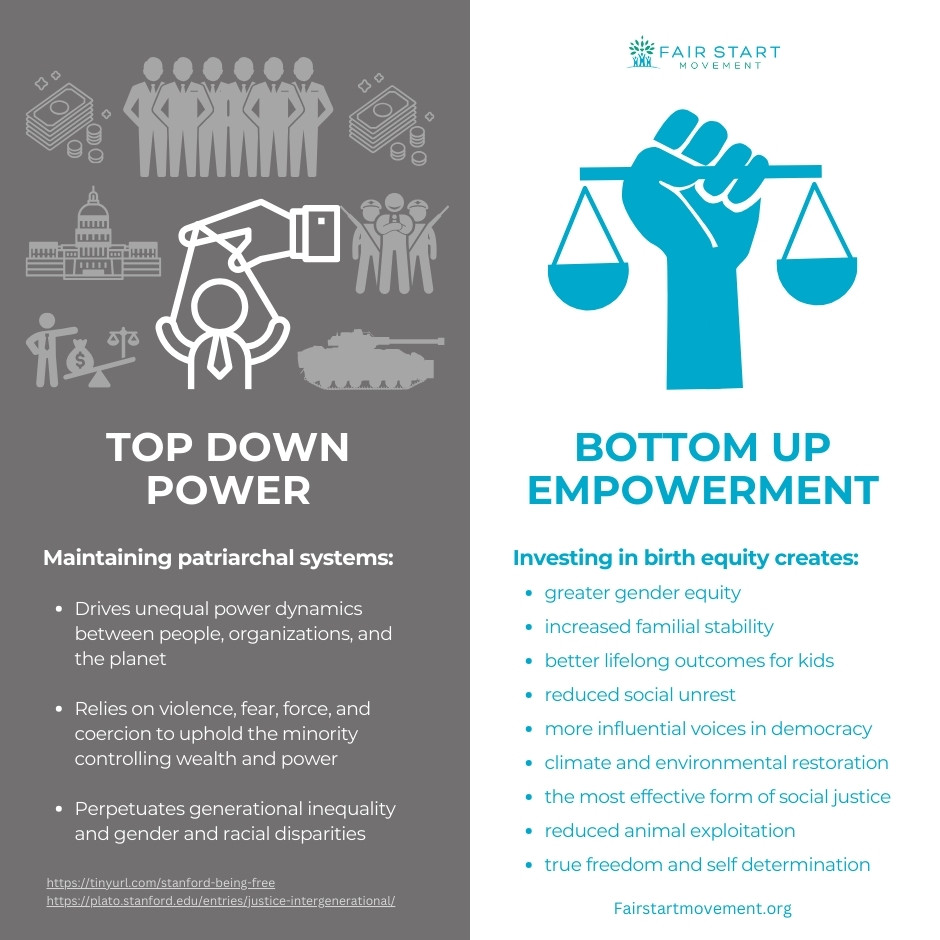
A legal impossibility.
Law is different from other disciplines because it norms can be coerced, and firstly on the idea that subjects are included as equals and thus made constituents. Constitutionalism, at bottom, premises obligation to follow the law on actual inclusion and empowerment.
Again, given the climate harm to future generations, and our obligations to repair the harm, it would be physically impossible to constitute accurately obligatory relations – legal / obligatory relations – at the most basic level without some sort of truth and reconciliation process around the admission and inversion of empowering future generations more than those at the heights of our economic and political hierarchies. Without fair starts in life, there is no capacity to form organizations capable of representative governance, via the measurable self-determination of its constituents.
Where else would the empowering relations come from? If defunding the police makes sense, it’s at least because our legal systems have never included constituents with measurable equity in a way that makes them capable of producing actual representatives, and laws – including property entitlements – that accurately represent the will of those subject to them.
How to see the fraud?
The claims these families make and fund are easily falsifiable, as are the claims of the funders backing decoy nonprofits that silo social justice into various downstream issues in order to hide upstream entitlement and reparations fraud, using a false premise to benefit from a system that undoes the good one seems to do. Focusing downstream, rather than on things like what Dr. Breeze Harper called the primacy of Black Birth Equity, avoids civil rights that actually account for the creation of power disparities in birth, development, and emancipation.
What we think of today as procreative or reproductive autonomy was nothing more than cover for not disturbing mostly white birth privilege and positionality. It was the skin of freedom, not the body. Here are some questions one can ask to identify the fraud:
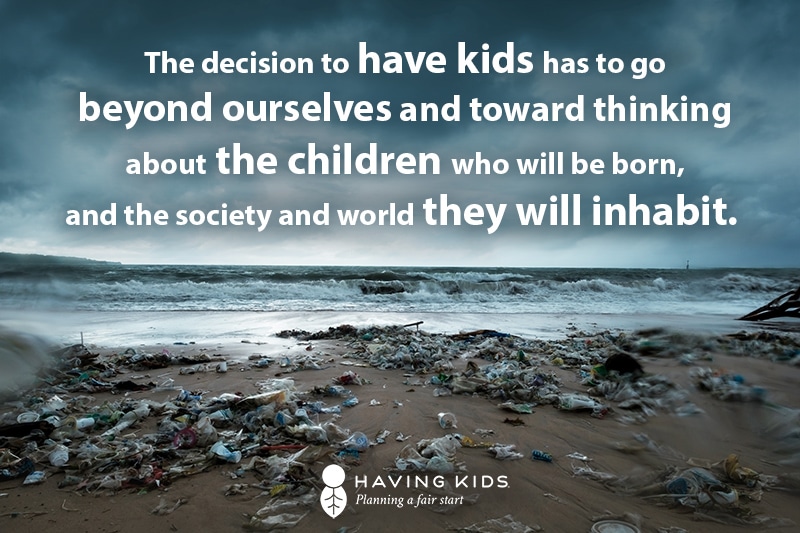
If the claimant valued some outcome, who will cover the child inequity and entry costs to that outcome – growth undoing climate mitigation, for example – and evade more of it? Is the claimant doing more harm than good by ignoring entry without equity? Do they start with enabling the powerful over the vulnerable? Did the claimant spend more on undoing their mission than furthering it? What formula do they use to assess damages in climate, civil rights, environmental justice, etc. cases? How do they define the term power in the context of being free from power? Who is their intended audience?
This is a constitutive discourse. Again, this is not about population. It’s about lies and omissions to gain power by exploiting positionality. A concrete goal for a better future might entail functional constitutional conventions, where we can be self-determining rather than determined by others, and in concrete and measurable ways.
Animal rights, law and policy as the most falsifiable examples of reparations fraud on almost a dozen levels, but also the standard for the highest level of clawback payments.
If one factors in children entering the world in inequity, the claims of success and impact made by most animal protection organizations are being undone daily. And they are false, with more vastly animals suffering and dying through the creation of their relations with humans than these organizations save.
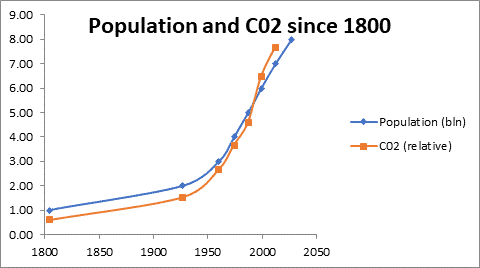
For example, many of the funders behind animal protections have been pushing what is a social justice movement for the most vulnerable, instead towardtowards investments in growth-based vegan food markets that do more harm to animals – by the numbers – than these funders and their leachy children do good. Many lawyers ostensibly working on behalf of animals made impact claims in this area that were easily being undone, every day, by inequity. Some call this the #demandscam, pretending to with one hand create value you undo with the other, and in a way that benefits the scammer at cost to others. In this case not only did growth do more harm to animals that food reforms did good, but that growth was replacing a chance for democratic relations with commercial ones via low investments in children, while concealing the death debt investors already owed for climate deaths.
FSM members were actually told, by a leading animal law professor who was accustomed to not having to link legal institutions to the measurable empowerment of their constituents, that fair start reforms were natural rather than positive law, and that one could work to save animals through food reforms while not altering the underlying retrodictive rights that would – each day – undo any gains from food reforms.
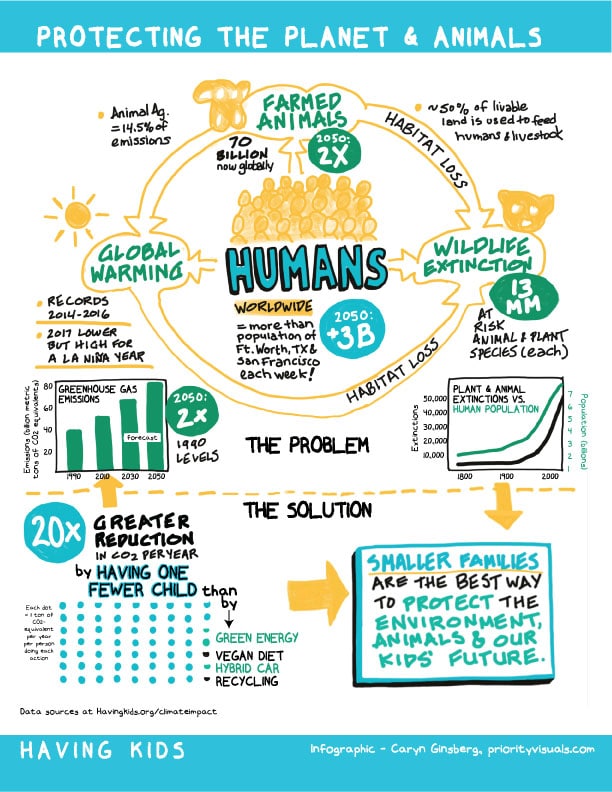
Given that animal liberation is the highest form of environmentalism (treating ecologies as the homes of entities who have relations, families, and lives of their own rather than a human resource) the cooptation of animal liberation is horrific. The ideal requires equitable human and nonhumans relations. Instead it is funded towardtowards flashy, downstream, low-impact, micro-level campaigns and victories that get easily undone on a macro level.
It is, by the numbers, the greatest example of “winner take all” greenwashing possible. Funders, and the performative advocates who take their money, decoy us all away from seeing animal law, rights and policy as the most demanding standard for who humans should become, ethically, because they would rather use an illegitimate system to improve their positionality and image than do the work of legitimating the system around liberation of humans and nonhumans.

Humans are animals. Seeing us as such moves us away from anthrocentric thinking that ensured the climate crisis, and will kill millions. So, what we refer to as animal rights and law focus on nonhumans not because of their species, but because of their unique vulnerability. Animal law is not merely law that refers to animals. Animal law would have to start with a capacity to actually protect nonhumans, especially in the creation of their relations with future humans who will determine much about their lives. Animal law in the best sense starts with inclusive birth and child welfare policies that create empathetic relations capable of benefitting animals.
So animal rights, law and policy, if we want to protect nonhumans, is just a system of obligation oriented around the most vulnerable, the most demanding form of law and justice. That system has to have the capacity to actually benefit the beneficiaries, not just pretend to. What does pretending to benefit animals look like? Look at most of the micro victories for animal rights and personhood claimed by organizations over the last few decades, and contrast those with the impacts of growth on animals, and the reality, at a macro level, of embedded nonhuman propertyhood in our archaic reproductive rights regimes. Animal rights in the comprehensive sense is not just ecological – it involves the mots demanding levels of empathy in future generations.
Why then not focus on infants and animals, and – at a macro level of inclusive animal personhood – the creation of fundamental power relations between the two? Those like animal rights theorist Peter Singer, and others, do not do so because that level of comprehensive vision involves equity, race, democracy, and other factors that require true tradeoffs against one’s positionality.
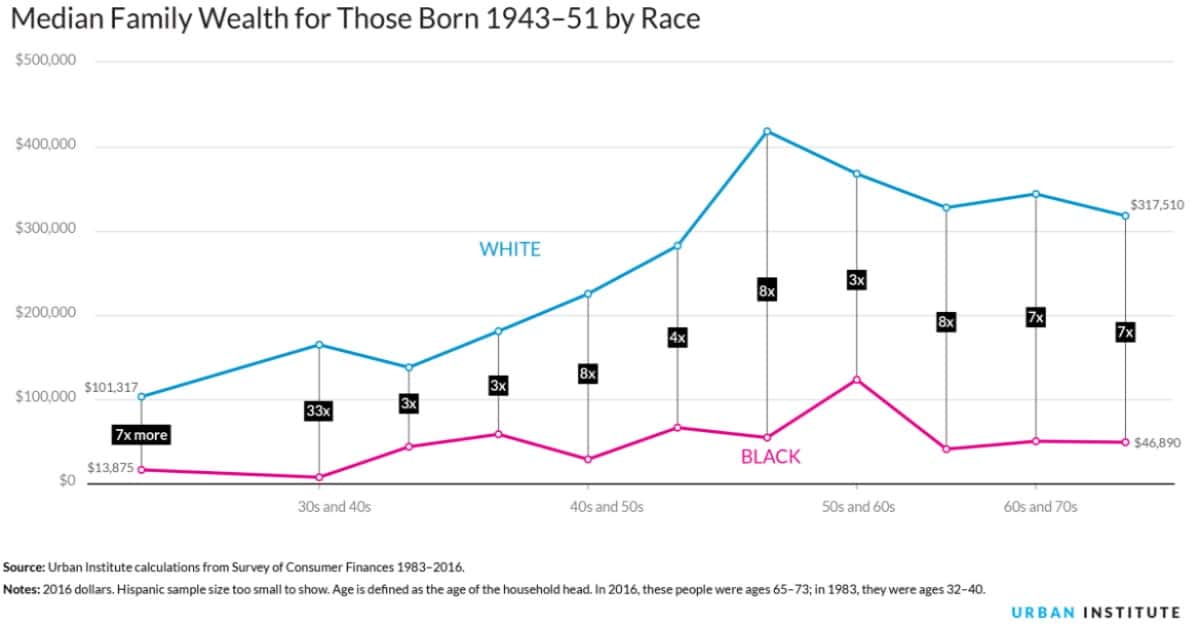
The wealthy families funding animal rights, law and policy, for decades, refused to deal with this issue because they wanted to benefit from a system that quietly harmed animals, while seeming to be their saviors. Animal rights and law, in this sense, starts with the actual creation of power relations as children enter the world, represented by the collective pronouns implied or expressed in all statements, including purportedly “constitutive” statements like “We the People.” It is the most demanding standard, eco or animal centric, rather than anthropocentric, or punching down on the most vulnerable. But for Singer it was more important to raise his position as savior in an illegitimate system rather than focus on a better version of a “we” to legitimate it, and that did much more harm to animals than he did good.
Claims many animal protection organizations make, like Mercy for Animals, are objectively false, in the sense that the impacts they claim cannot be squared with the reality of human birth, development. and inequity on nonhumans. But many funders, in those nations most responsible for the climate crisis, are using institutions and individuals – media, decoy nonprofits, universities, agencies, think tanks, celebrities, etc. – to create a fantasy world of equitable family planning, green environmental sustainability and social justice impact that is being vastly undone every day as children enter the world beneath the minimum of what they are owed. These entities are literally using wealth made at deadly cost to the values they claimed to further, wealth that is defended by the violence of the state, to drown out voices of most victims.
Singer’s version of animal rights and law, the abstraction away from the creation of actual relations, is just charade version of animal liberation they need: Value animals in the abstract with one hand, make money on growth and privilege at cost to them with the other.

Effective animal rights in the best sense is personally expensive, not profitable. It’s easier to ignore all of that and let the macro undo good for animals at the micro level. True animal rights and law focuses on the creation of power relations, and limiting capacity to harm others – the capacity that is the core of the Anthropocene and the antithesis of animal rights. True animal rights mean preemptive standards in things like assessing damages to animals (and children). If captivity harms elephants for example, it’s because it deviates from a biodiverse and less crowded world where elephants are free of most human influence, not deviation from a relatively dismal life at a sanctuary.

Animal law starts with moving away from anthrocentric systems, toward seeing humans as the animals that they are, and situating them in equity, before we should have any sense that they can be free. But, as a close source to Fair Start said: “This is all the organizations will pay you to do. And if you love animals, that’s better than working for nonprofits.” Actually, research in the areas suggests the charade does more harm than good by moving the goalposts of social justice, and that in fact those engaged in it would never do so if they were not otherwise privileged to do so.
Fair Start initiated whistleblowing in this area as the evidence arose that the climate crisis could actually reduce the carrying capacities of ecosystems, rather than just exceed them, and that birth and developmental positionality was the greatest determinant of one’s prospects to to live or suffer/die in the crisis.
Implementing the fix: Being effective means addressing the root cause, not the symptom.
The only way to engage in damage evaluation for reparations, and the fraud hiding them, is to peg them to a functionally inclusive baseline – children entering the world relative to certain counterfactual thresholds – that would not have caused the death of millions of innocent persons.
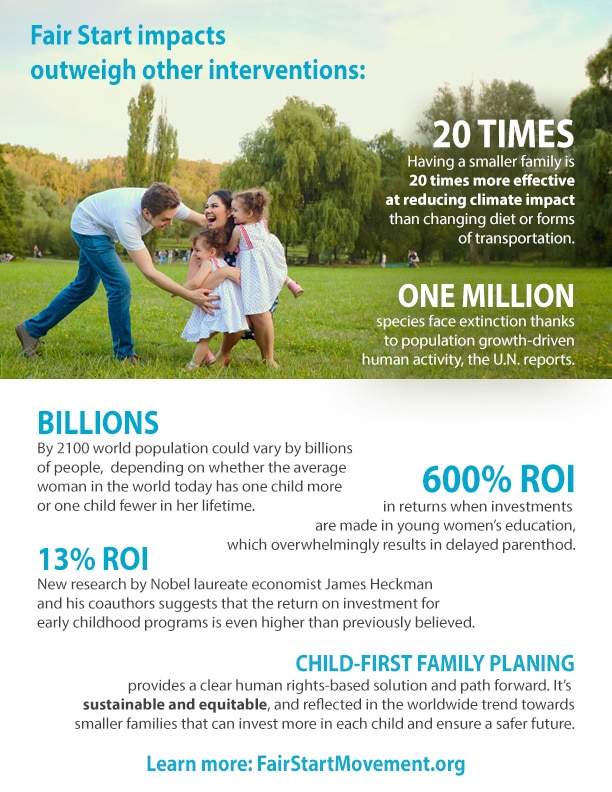
Accurate reparations – relative to one’s positioning or membership position in the fundamental system of political obligation – fixes the problem of share inequity in one’s democracy vastly undoing the good many claimed to have done. Without them admitting the harm and fulfilling their obligations it would be impossible for any of us to live in a system of collective self-determination.
You can take legal action against those entities engaged in the fraud, with climate and race reparations benchmarked to concrete metrics of democratic equity, and a preemptive claim to what is owed that means the state has no legitimate authority to defend the barriers to who owe payments. Fair Start is now moving towardtowards such a system evaluating the full spectrum of harms, and accurate damages, in matters like children dying of climate exacerbated malaria in western Uganda.
We only owe others as much as they owe entrants into the world, because any claim of inalienable rights assumes fulfillment of a prior duty to others. One can use the discourse mentioned above, the questions, to force others to derive their thinking back to “might makes right” logic, such that they fall outside of any theory of legitimacy or political obligation that would create a duty ensuring their protection by others. Living such a logic makes those who refuse fundamental fairness – those who embrace missing a crucial step in the logic of their oughtness – fall outside of systems of mutual obligation.
Here are some indicia that an entity is engaged in fundamental, or constitutive reparations fraud:
- They will silo justice into downstream issues to avoid dealing with the creation of power relations.
- They will conflate the difficulty of inverting power systems with their desire to retain their privilege.
- They will redefine values over time to evade having contradicted themselves when called for payments.
Please consider making a contribution through Donate. Together, we can create lasting change to save next generation

